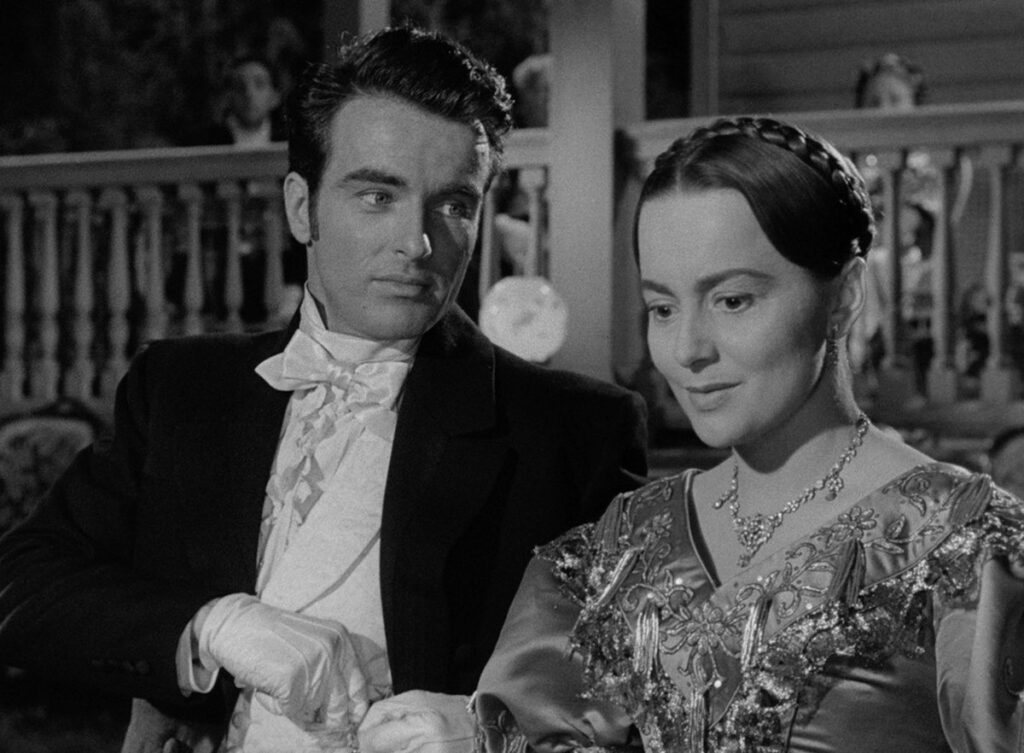Monday
I realize how hungry I have been for consequences—that there should be repercussions for political bad behavior—by the way I madly applauded the conclusion of Henry James’s Washington Square, which I listened to last week. With Donald Trump apparently paying no price for his lying, his corruption, and his attempts to overturn the 2020 election by strongarming election officials and inciting an insurrection, I find myself wondering if anything matters. I feel the same about those following in his footsteps, like governors Greg Abbott and Ron DeSantis, who apparently can get away with playing politics with Covid as hundreds in their states get sick and die. I’ve wanted to be reassured that smooth talkers don’t always get away with everything and, in Washington Square, they don’t.
To be sure, Morris Townsend causes significant emotional damage along the way. But in the end, he can’t talk his way out of what he has done. His victim sees through him and throws him off.
As a young man, Townsend is a very charming and handsome gold-digger who goes after the shy and somewhat plain Catherine Sloper, the daughter of a wealthy doctor. The doctors sees through Townsend but, because he himself is a hard and imperious man, is unable to stop his daughter’s infatuation. He therefore declares that, if she marries him, he will disinherit her, leaving her only with the money her deceased mother has left her.
He measures the man right, and Townsend, despite having sworn eternal love, backs out of his marriage proposal. Because he has a smooth answer for everything, he assures Catherine that he doesn’t want to get between her and her father, but he breaks her heart in the process. She never gets over it and so never marries, although she matures into an admirable spinster.
Eventually, decades later, her father dies. Because he is obsessed with Townsend, however, he alters his will at the last moment, essentially disinheriting Catherine anyway. But Townsend comes back anyway.
He assumes, since he’s always has his way with Catherine, that they can start up where they left off. She may not be as wealthy as he wants, but he’s suffered a string of failures and she at least has some money. He starts in with his clever talk.
Only this time she sees through him and, in a blow to his immense ego, rejects him. She has more of a spine than either Townsend or her father ever realized. The rejection appears to finish off what is left of Townsend’s ego, given that he has returned fully confident of his success:
Then he added, with a deeper tenderness, “Catherine, have you never forgiven me?”
“I forgave you years ago, but it is useless for us to attempt to be friends.”
“Not if we forget the past. We have still a future, thank God!”
“I can’t forget—I don’t forget,” said Catherine. “You treated me too badly. I felt it very much; I felt it for years.” And then she went on, with her wish to show him that he must not come to her this way, “I can’t begin again—I can’t take it up. Everything is dead and buried. It was too serious; it made a great change in my life. I never expected to see you here.”
“Ah, you are angry!” cried Morris, who wished immensely that he could extort some flash of passion from her mildness. In that case he might hope.
“No, I am not angry. Anger does not last, that way, for years. But there are other things. Impressions last, when they have been strong.
The last word we hear from Townsend is “Damnation!” as he strides from the house. Having thought that he could salvage his self-respect by regaining the woman whose love he once commanded, he finds his easy self-assurance shaken to the core.
When I was listening to the novel, I worried that Catherine would return to him, given how in the past he has been able to bend her to his will. But the electorate finally wakes up and says, “No more.” The master manipulator finally gets his comeuppance.
Would that we’d get this conclusion in real life.


